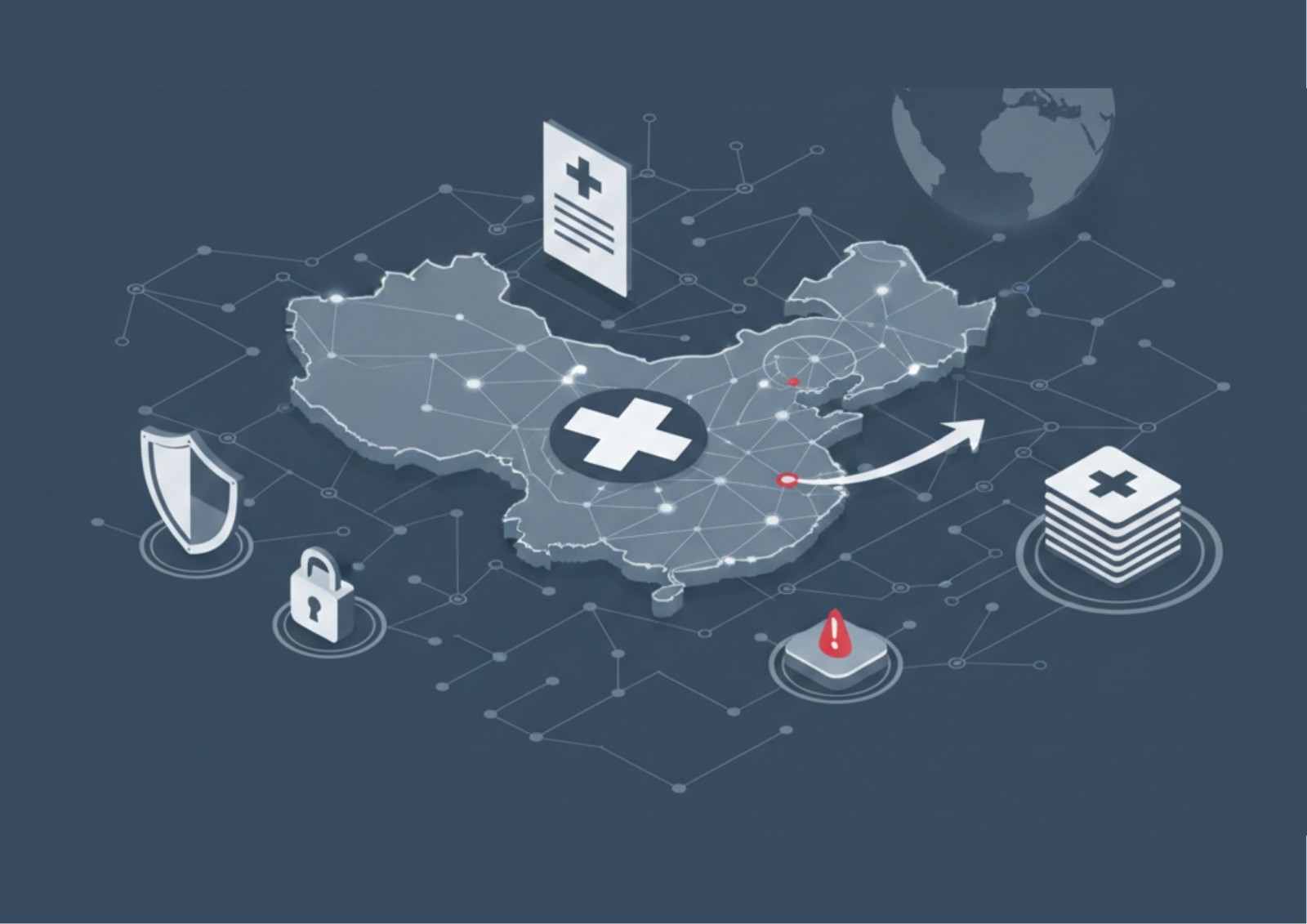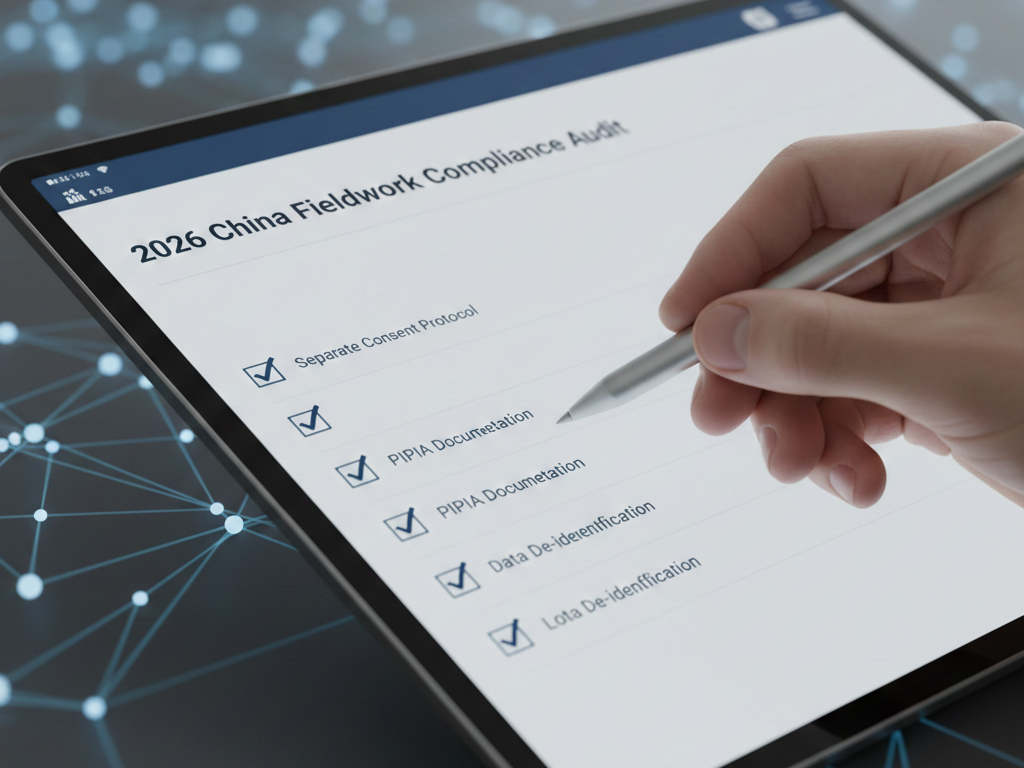Over the past year, a clear trend has emerged: a surge in low CPI (cost per interview) requests, especially in B2B market research.
Everyone wants premium sample quality, fast turnaround, and deep niche targeting, but at rates that barely cover basic costs.
This growing gap between expectations and reality isn’t just a budgeting problem. It’s beginning to affect data quality, project feasibility, and trust in the research process.
The Rise of “Low CPI” Culture
In theory, reducing CPI sounds like smart procurement: cut cost, increase margin. But in practice, low CPI targets often force trade-offs and B2B research doesn’t leave much room for shortcuts.
Unlike general consumer surveys, B2B research demands niche profiles: decision-makers, domain experts, high-level professionals who don’t casually click on survey links during lunch. Reaching them involves:
• Higher incentive structures
• More rigorous screening
• Stronger data vetting processes
• Dedicated outreach or panel curation
These factors naturally increase cost and complexity, which is why CPI has historically been higher in B2B than B2C.
Yet, we’re seeing increasing pressure to deliver C-level insight at consumer prices.
The Hidden Cost: Data Quality and Feasibility
Here’s what happens when CPI is pushed too low:
1. Compromised Recruitment
Suppliers may cut corners, rely on generic panels, or bypass key screening steps. The result?
Respondents who aren’t truly qualified.
2. Longer Field Time
If incentives are too low or the targeting too specific, projects stall. The right people don’t respond.
3. Inconsistent Data
Without the budget to verify, revalidate, or refresh the sample pool, quality checks go missing, leading to higher rejection rates and poor insights.
This isn’t just hypothetical. We’ve seen real cases where clients had to redo fieldwork due to poor respondent quality—doubling cost and delaying results.
Why the Pressure?
Let’s acknowledge the forces behind this shift:
• Budget constraints in uncertain economic environments
• Procurement-led decisions focused on cost rather than context
• Platform-based research models that prioritize speed and scale over relationship and rigor
• Misunderstanding of B2B complexity, especially by non-research stakeholders
Emotionally, we also see another layer: the belief that tech should make everything cheaper. While AI has improved efficiencies, it hasn’t replaced human insight, nor has it solved the challenge of engaging time-poor professionals in meaningful conversations.
So, How Do We Balance Quality and Cost?
A race to the bottom isn’t the only option. Here’s how smart research teams are navigating the CPI squeeze:
1. Align on Expectations Early
Get stakeholders involved in scoping discussions. Explain what’s realistic for niche targets.
If they want CFOs in fintech, show what that really costs—and why.
2. Define “Need-to-Have” vs “Nice-to-Have”
Not every B2B survey needs 500 completes. Sometimes, smaller, higher-quality samples are more valuable than wide, shallow data.
3. Partner with Quality-Driven Suppliers
Avoid vendors who promise the moon at unsustainable prices.
A good partner will be transparent about feasibility and honest about trade-offs.
4. Invest in Pre-survey Design
Use better screening logic, pilot tests, and clarity in questionnaire design to improve success rates.
A cleaner survey means lower drop-off, and less wasted budget.
5. Reframe the Conversation
Shift from “How much per complete?” to “What value will this data deliver?”
CPI is a metric. Insight is the outcome.
Final Thought
The CPI conversation isn’t going away. But if we want market research to stay relevant—and reliable—we need to stop treating cost like the only variable.
You don’t buy a parachute based on the cheapest price.
You buy the one that works.
Let’s treat B2B insights with the same level of respect.
Ready to explore your next high quality research project?
Email us at RFQ@youli.tech and let’s talk about how we can help you succeed.
_1769067678558.jpg)

